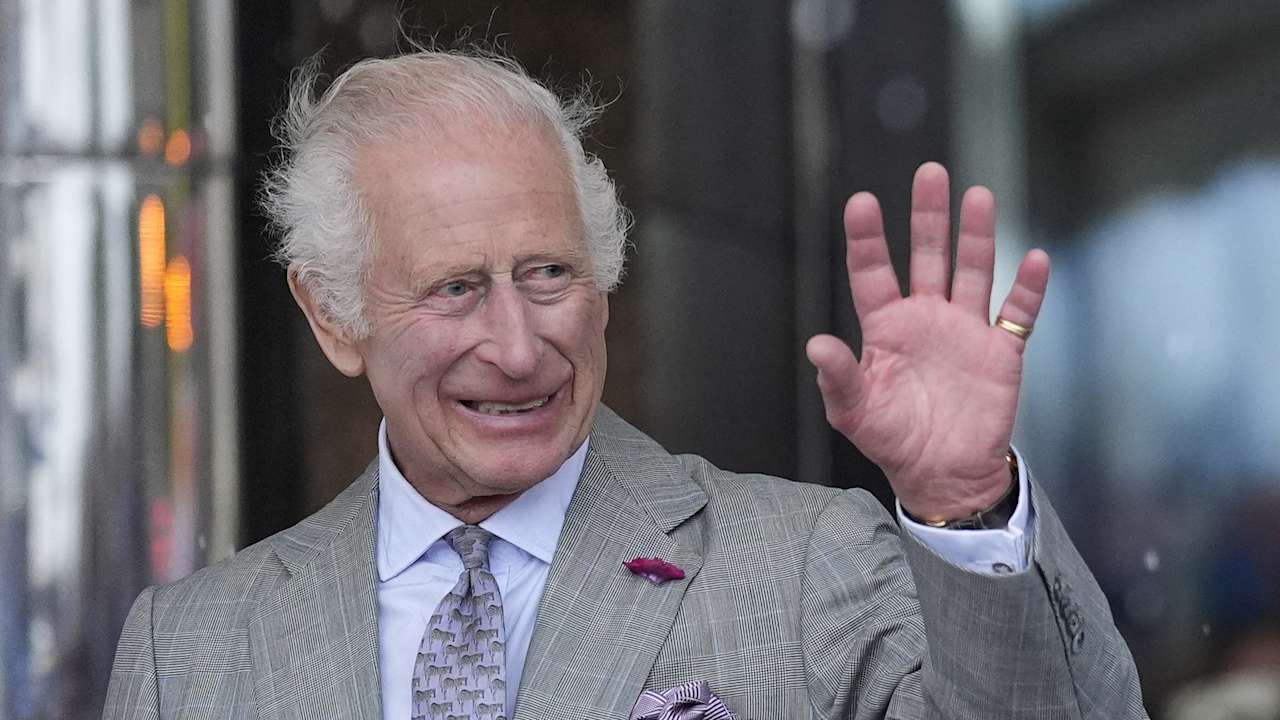Prince William has chosen to withhold more information about his finances, as the Prince of Wales, than his father did before him.
In the end-of-year accounts for the Duchy of Cornwall, the estate William inherited when he became the heir to the throne, shows that he has withheld the amount of tax he pays on his earnings.
The accounts for the last full year – in which Charles was the Prince of Wales – revealed he voluntarily paid £5.9m in income tax.
While Prince William, as the 25th Duke of Cornwall, still pays income tax in the same way as the 24th Duke (Prince Charles), his office has decided not to reveal the amount as they are not obliged to do so.

Tax is paid by the Prince of Wales on his earnings from the Duchy of Cornwall after deducting official expenditure on his family.
The integrated Annual Report released on Wednesday by the Duchy of Cornwall shows that the surplus available to William, Kate and their family was £23.6 million – a small reduction from the year before caused by property management.
The surplus pays for the official, charitable and private lives of the Prince and Princess of Wales and their household.
Tax is paid at standard UK tax rates once official costs have been deducted from the £23.6 million figure.
Senior royal sources indicated that the amount of income tax William pays is higher than his father, but Kensington Palace declined to say how much tax was paid in 2023/24, nor how much money was left from the surplus on which tax was owed.
It meant the report into finances for the Prince of Wales’ office was much less transparent than the one in 2021/22 – the last full year that Prince Charles was entitled to the Duchy of Cornwall money.
The Duchy was set up in 1337 by Prince Edward III in order to provide a pot of money for his son, Prince Edward.
It was designed to provide an income for the Prince of Wales and all subsequent heirs to the throne that is independent of the Sovereign.

William and Kate employ less staff than Charles and Camilla did when they had the Duchy of Cornwall funds.
The current Prince and Princess of Wales employ 66 staff – whereas his father used to employ around 100. 67% of William and Kate’s staff are female and 33% are male.
Kensington Palace does not have a target for the diversity of their staff but did reveal 14% of their employees are from minority backgrounds.
But the most senior team around William and Kate, the management body that reports directly to them, are all white men.
The Executive Committee of the Household is made up of five men: William’s Private Secretary, Ian Patrick, Kate’s Private Secretary, Tom White, Chief Operating Officer, Sean Carney, Head of the private household, James Benbow, and Communications Secretary, Lee Thompson.
A search for a new CEO for William and Kate has been put “on pause” following a year in which the Princess had been forced to step back from public duties following her cancer diagnosis.
Meanwhile, the Secretary and Keeper of the Records at the Duchy of Cornwall, Alastair Martin, announced he would be leaving his post to reunite with his former boss, the King.
King Charles has asked him to become Chief Executive and Clerk of the Council of his own private estate, the Duchy of Lancaster.
Having worked for both Dukes of Cornwall, he was asked how father and son compare.
He said: “Sustainability is a passion that they both share but there are some differences. His Royal Highness, the 24th Duke, would telephone me. His Royal Highness, the 25th Duke, will WhatsApp me.
“The day after Her Late Majesty died, I rang Prince William, to say welcome to your Duchy, Sir. I obviously knew him, I’d been working with him for the previous eight years or ten years to really explain to him what his future was during the time he was heir to the throne. And he said, ‘I’m going to give you my mobile telephone number – if you want me, just get me, just message me’.
“And that’s how he works and he is very involved. There will be weekends when my WhatsApp messages will be in double figures and I will be very responsive. If something has gone well or badly, I will want to tell my boss and he’ll be straight back.”
Mr Martin’s replacement will be Will Bax, the former Chief Executive of the Retirement Villages Group.
Follow STV News on WhatsApp
Scan the QR code on your mobile device for all the latest news from around the country





























